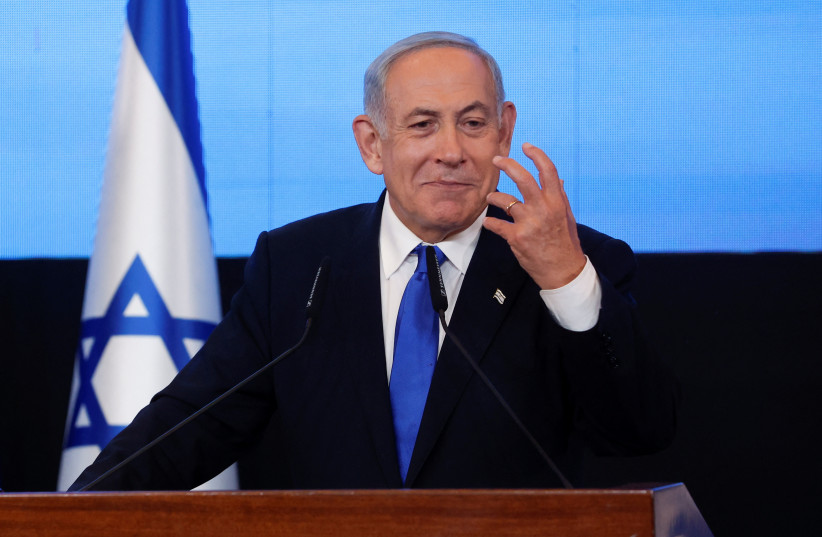The incoming government, in a document that outlines its essential principles, does not mention the existence of Jews living outside Israel.
Netanyahu’s governments have rarely mentioned Diaspora Jews in their statements of essential principles, The Jerusalem Post found, though the coalition agreements with the Religious Zionist Party do outline the allocation of funds to specific organizations in the Diaspora.
According to the principles document published on Wednesday, the only time Jewish life outside of Israel is mentioned is in relation to immigration. The Post has cross-referenced this incoming government’s principles document with those of every previous government over the past two decades. The principles documents of all of Netanyahu’s governments did not mention Diaspora Jewry, while other governments did.

What did previous governments say about Diaspora Jewry?
Naftali Bennett and Yair Lapid’s governmental agreements stated, “The government will fulfill its commitment to strengthen the unity of the Jewish people, encourage immigration and increase mutual understanding between the State of Israel and world Jewry.”
“The government will fulfill its commitment to strengthen the unity of the Jewish people, encourage immigration and increase mutual understanding between the State of Israel and world Jewry.”
Naftali Bennett-Yair Lapid government agreement
The 35th government in 2020, headed by Netanyahu, stated, “The government will emphasize the issue of immigration and absorption and will work decisively to increase immigration from all countries of the world and the successful absorption of the immigrants.” This statement also appeared in the 34th, 33rd and 32nd governments – all headed by Netanyahu.
In the 31st government, headed by Ehud Olmert in 2006, the principles document stated, “The government will formulate a plan that establishes the relationship between Israel and the Jewish communities around the world on the basis of reciprocity between Israel and its Diaspora.”
In Ariel Sharon’s government, Israel’s 30th, the statement of principles said, “The government will strengthen the ties between Israel and the Jews in the Diaspora.” It also committed to join the fight against antisemitism.
While the principles document serves as the ideological compass of the government, the coalition agreements detail the deals made with specific parties. In the Likud’s coalition agreement with the Religious Zionist Party, it is written that the RZP will invest NIS 110 million toward the activity of Israeli emissaries in the Diaspora through the Jewish Agency, World Zionist Organization as well as support of Chabad emissaries and the activity of Morasha, an Orthodox organization that works in Jewish communities.
According to the agreements, the government will expand its conversion body and act to encourage Israelis whose status as Jews is questionable to join the Jewish people. Also, there will be scholarships for students who are going through the conversion process.
